
GOOD NEWS: The U.S. Has Successfully Tested a 'Miracle Drug' That Destroys 70 Types of Cancer
In a remarkable breakthrough that could change the future of medicine, scientists in the United States have successfully tested what many are calling a “miracle drug” — a treatment capable of destroying 70 different types of cancer cells. This discovery brings renewed hope to millions of patients and families around the world who are battling one of humanity’s deadliest diseases. The findings mark a major milestone in the decades-long fight against cancer and may pave the way for more effective, less invasive treatments.
The drug, currently undergoing advanced clinical testing, works in a way that differs from traditional chemotherapy or radiation therapy. Instead of targeting both healthy and cancerous cells, this new compound specifically identifies and attacks malignant cells, leaving healthy tissues unharmed. This selective approach not only increases the treatment’s effectiveness but also dramatically reduces the painful side effects that cancer patients often experience, such as fatigue, nausea, and hair loss.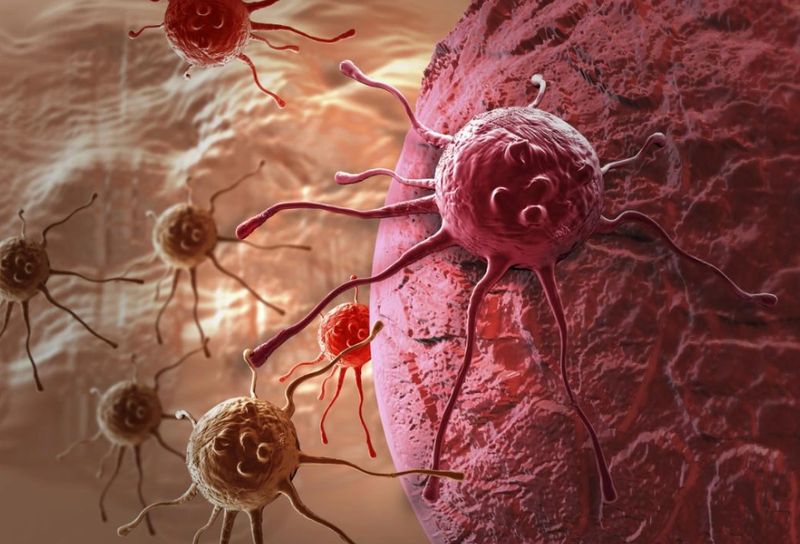
According to researchers, the secret behind the drug’s success lies in its ability to target a protein that is common in almost all cancer cells but rarely found in normal, healthy ones. By binding to this protein, the drug triggers a process called apoptosis — or programmed cell death — which causes cancer cells to self-destruct. In laboratory studies and animal trials, the compound has shown astonishing results, successfully shrinking or completely eliminating tumors in a wide range of cancers, including breast, lung, prostate, pancreatic, and brain cancer.
Dr. Emily Carter, a leading oncologist at the research center involved in the study, described the results as “the most promising development in cancer treatment in decades.” She explained that the drug’s broad effectiveness across multiple cancer types makes it unique. “We’re not talking about a single treatment for one form of cancer,” she said. “We’re talking about a universal approach that could potentially treat many different cancers using the same mechanism.”
The discovery also highlights the power of modern biotechnology and artificial intelligence in medical research. Advanced computer modeling was used to analyze thousands of molecular structures, helping scientists design the compound that would most effectively attack cancer cells. This combination of AI-driven analysis and cutting-edge genetic research has opened a new frontier in personalized medicine — one where treatments can be tailored to each patient’s specific cancer profile.
While the results are highly encouraging, experts caution that more testing is still needed before the drug becomes widely available. Clinical trials involving human patients are now underway, and researchers are closely monitoring for safety, long-term effects, and potential resistance. If the ongoing studies confirm the drug’s success, it could be approved for public use within the next few years — a timeline that could transform cancer care worldwide.
Beyond its medical potential, the psychological and social impact of this discovery is immense. For many families, cancer is a word that brings fear and despair. A reliable treatment that can destroy tumors without devastating side effects would offer not only physical healing but also emotional relief and renewed hope. It would represent a turning point in how humanity views cancer — not as a death sentence, but as a treatable, manageable condition.
In conclusion, the successful testing of this “miracle drug” in the U.S. may signal the beginning of a new era in the fight against cancer. With continued research, collaboration, and technological innovation, what was once considered impossible could soon become reality. This discovery is more than just a scientific achievement — it is a symbol of hope, resilience, and the extraordinary potential of human ingenuity. If future trials confirm its effectiveness, this drug could save countless lives and rewrite the history of modern medicine.
News in the same category

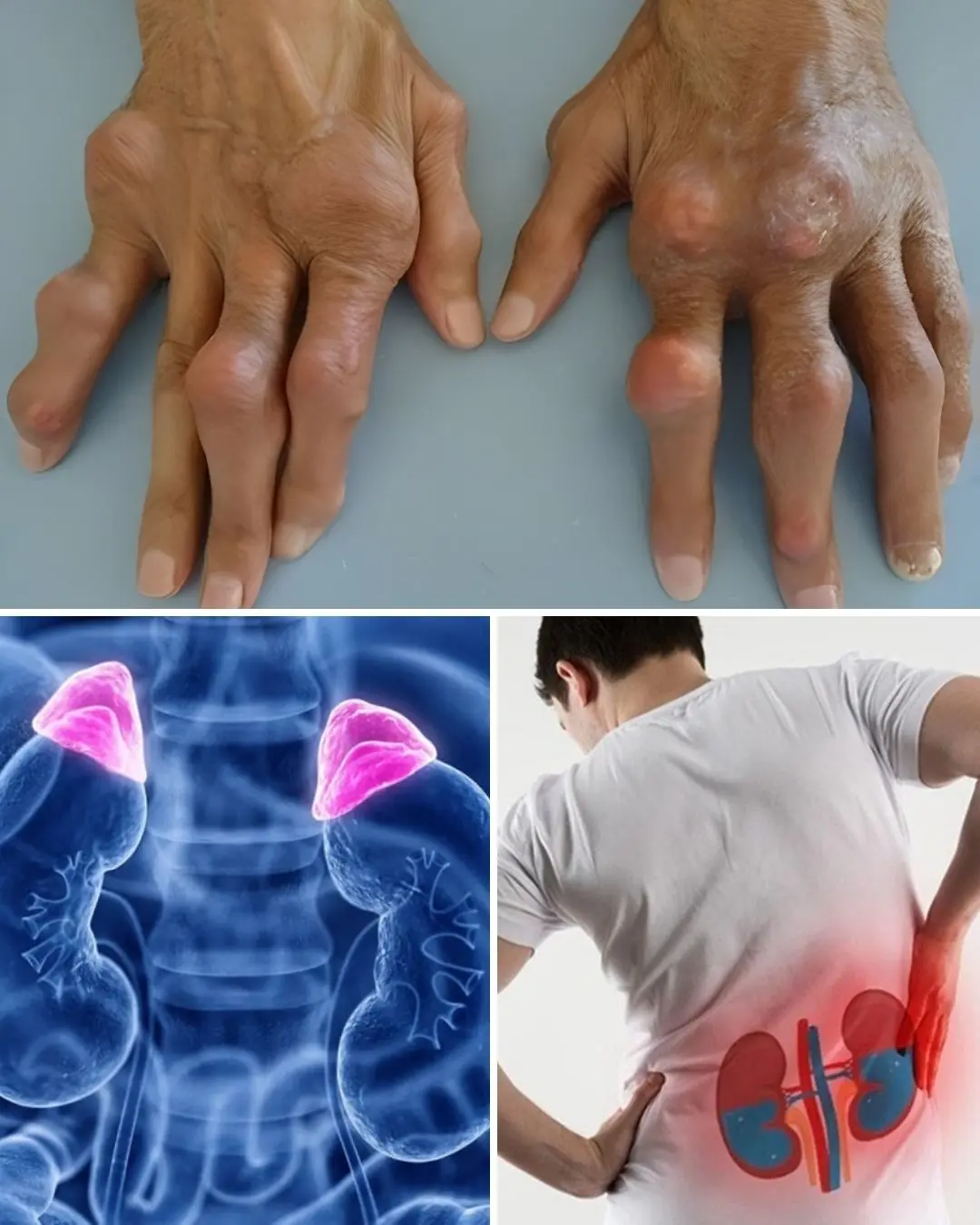
The Link Between Gout and Kidney Disease: What You Need to Know

The Rise of Kissing Bugs
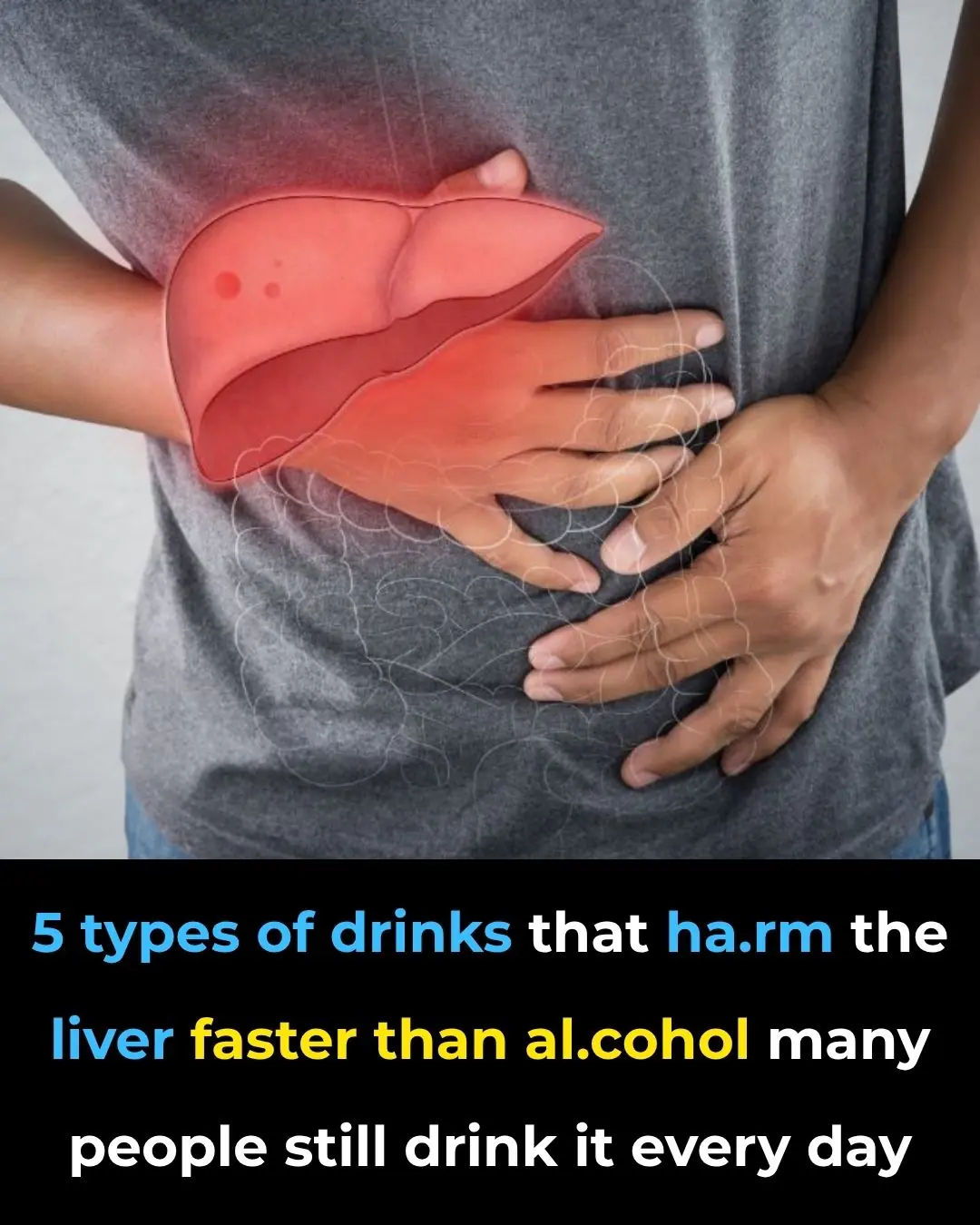
5 Common Drinks That Can Damage Your Liver Just Like Alcohol

Listen to Your Tongue: 11 Subtle Health Messages It Sends Health June 11, 2025 Updated: June 11, 2025

If your mouth feels dry at night, here are 8 reasons why
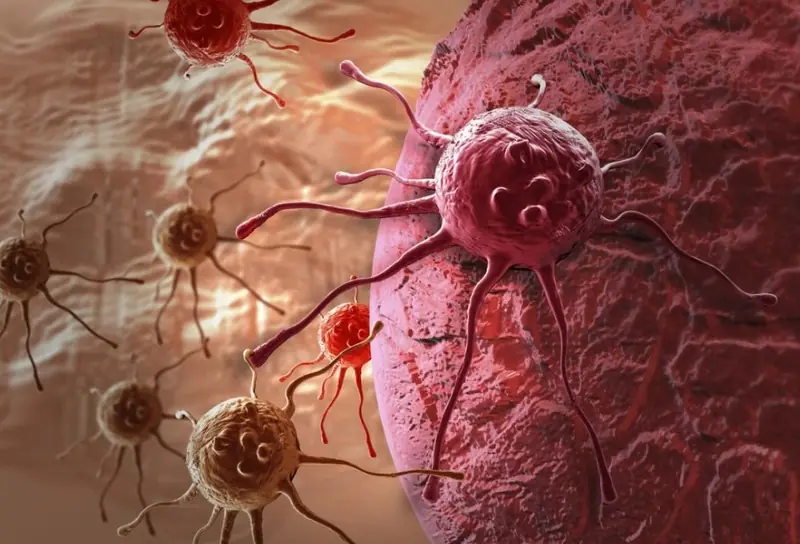
Two itchy areas on the body could be a sign of liver cancer — but many people mistake it for an allergy

Say Goodbye to Dead Skin on Your Feet with These Simple Natural Remedies

Sleeping Trick? Why Sticking One Foot Out Actually Works

12 Urgent Warning Signs That You’re Not Getting Enough Vitamin D
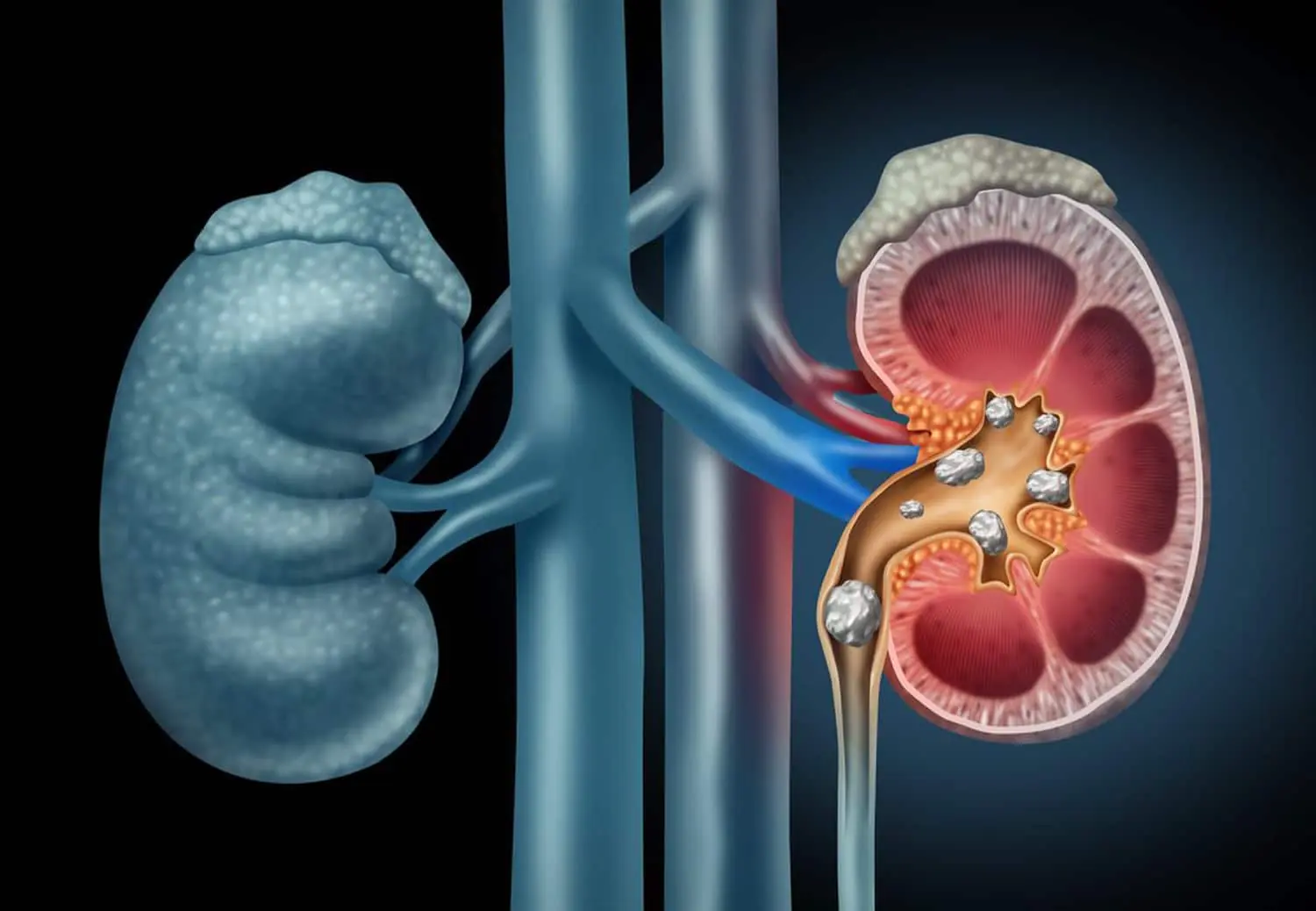
Top 10 Signs of Kidney Problems You Absolutely Must Be Aware Of

The Olive Oil Fasting Trick That Resets Insulin Resistance — and Triggers Deep Cellular Cleanup

What Really Happens When You Eat Garlic at Night
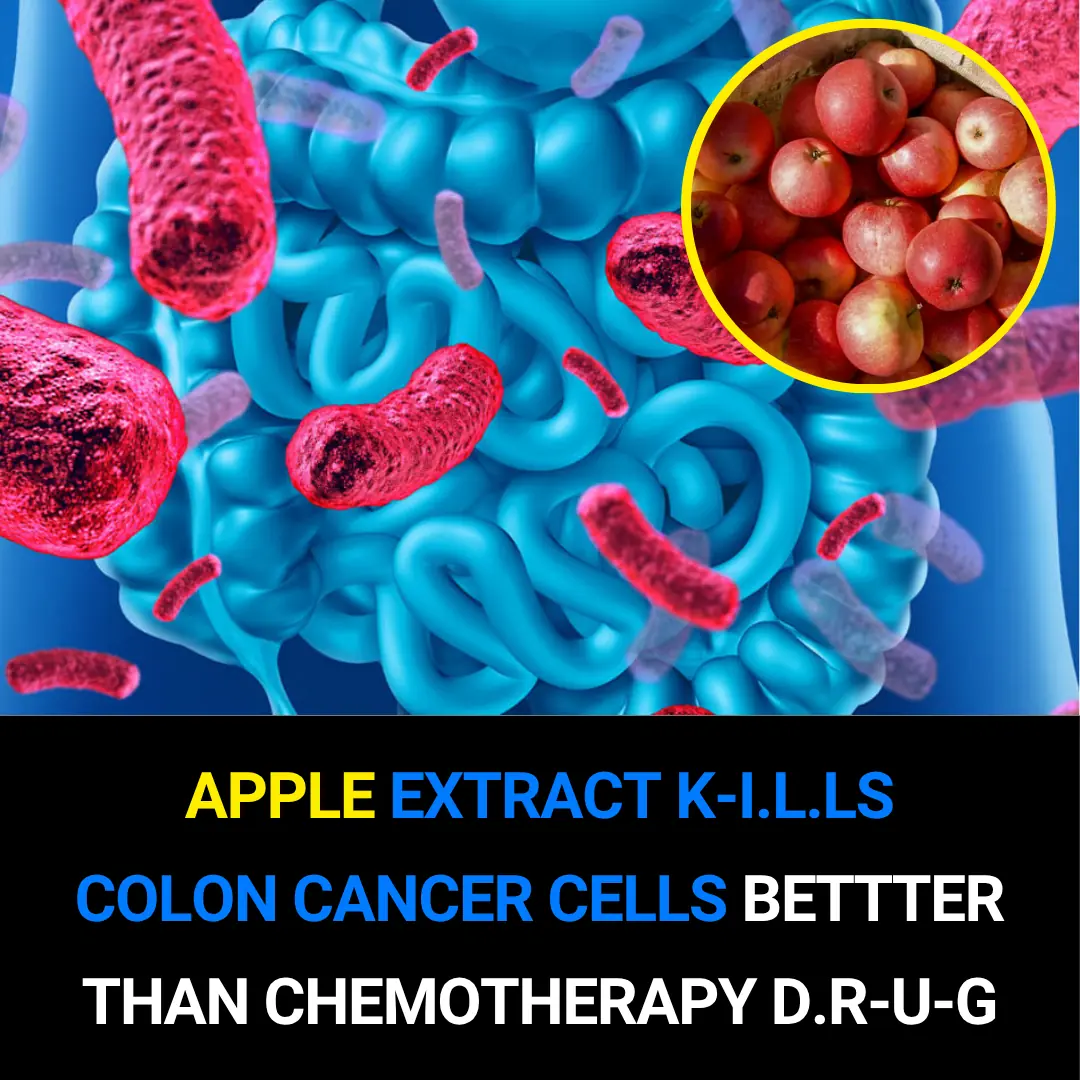
Apple Extract Found to Kill Colon Cancer Cells More Effectively Than Chemotherapy Drug

Scientists reveal that consumption of TOMATO causes

10 Red Flags Your Body Is Begging You to Quit Caffeine

5 great foods that should not be stored in the refrigerator - the risk of aflatoxemia that causes cancer
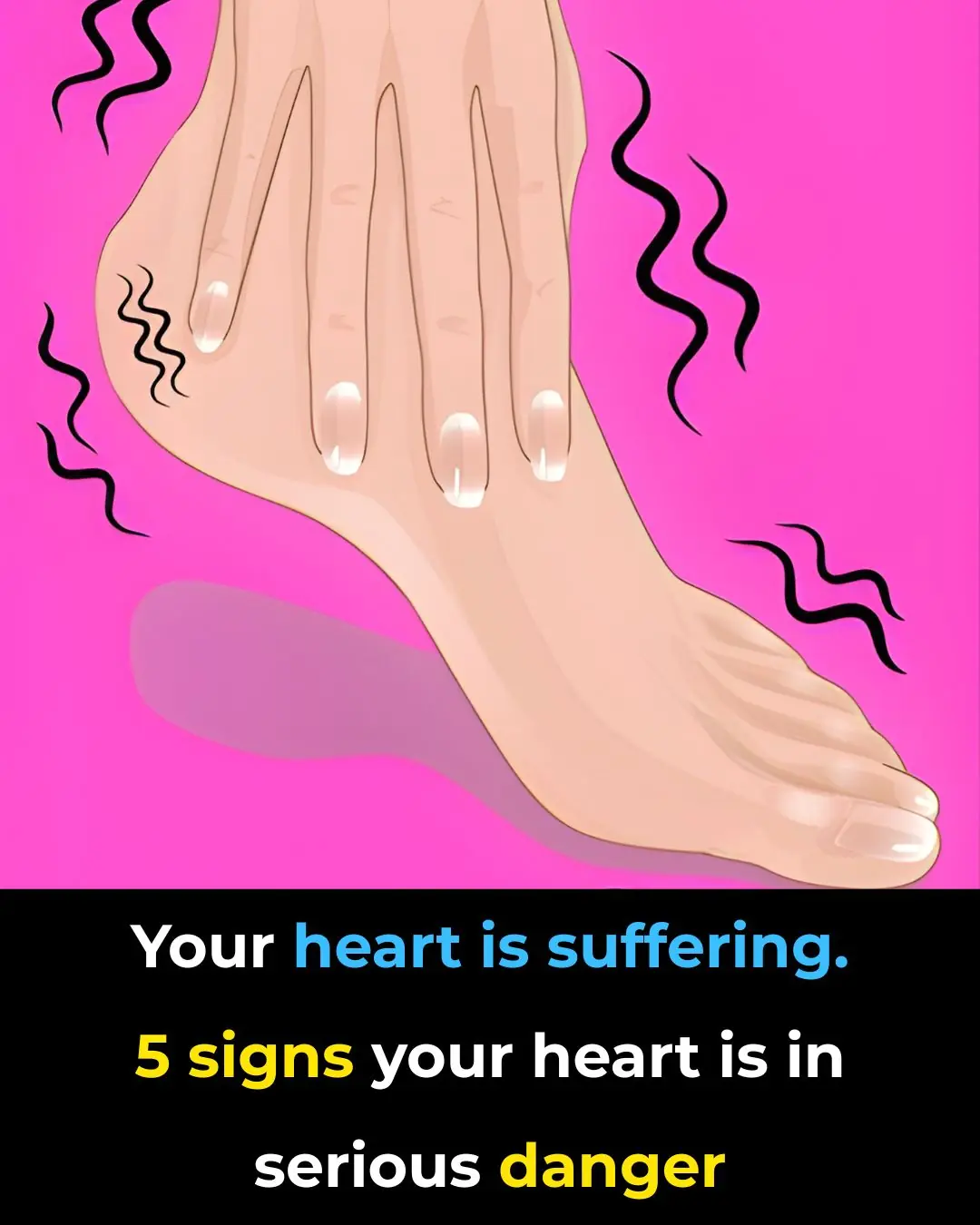
❤️ 5 Subtle Signs That May Suggest Heart Trouble – And When to See a Doctor

Eat these 3 foods to strengthen them…
News Post

Why You Should Always Keep a Small Bottle of Medicinal Oil in Your Bathroom

Truth behind K Pop star's bizarre $4.5 quadrillion 'lawsuit' making her richer than Elon Musk
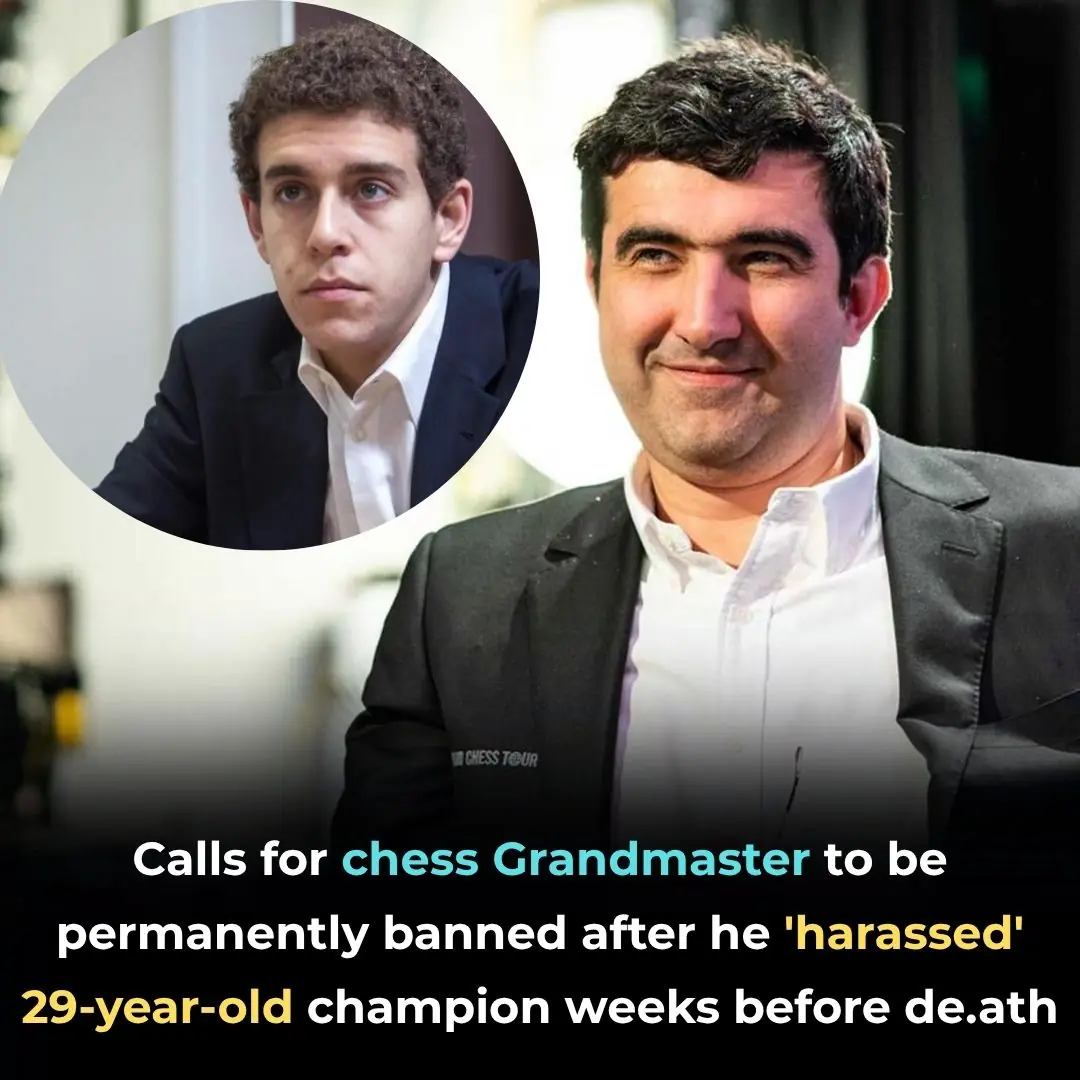
Calls for chess Grandmaster to be permanently banned after he 'harassed' 29-year-old champion weeks before death

American Beautyberry (Callicarpa americana): Benefits and How to Use It

Holding Cloves in Your Mouth: A Natural Way to Relieve Toothache

Everybody Hates Stinging Nettle, But Most People Don’t Know the Power of Its Root

A Grocery Store Encounter That Turned Into Something More

A Waitress Said “No” — And Changed a Mother’s Night Completely

The Secret Santa Who Gives All Year Long — And the Ripple of Kindness He Started

Will’s Best Sunday Ever: A Brave Teen’s Return Home

A Single Gesture That United a Crowd in Emotion

Agatka’s Fight: A Little Girl’s Battle With Severe Aplastic Anemia

Laika’s Last Journey: The Little Dog Who Touched the Stars

The Long Road Home: Max’s Journey Back to Love.

A Small Act of Kindness in Athens.

From the Cold Rain to a Warm Home.

Wild Elephant Chases Tourists in Bandipur Forest: One Injured in Close Call
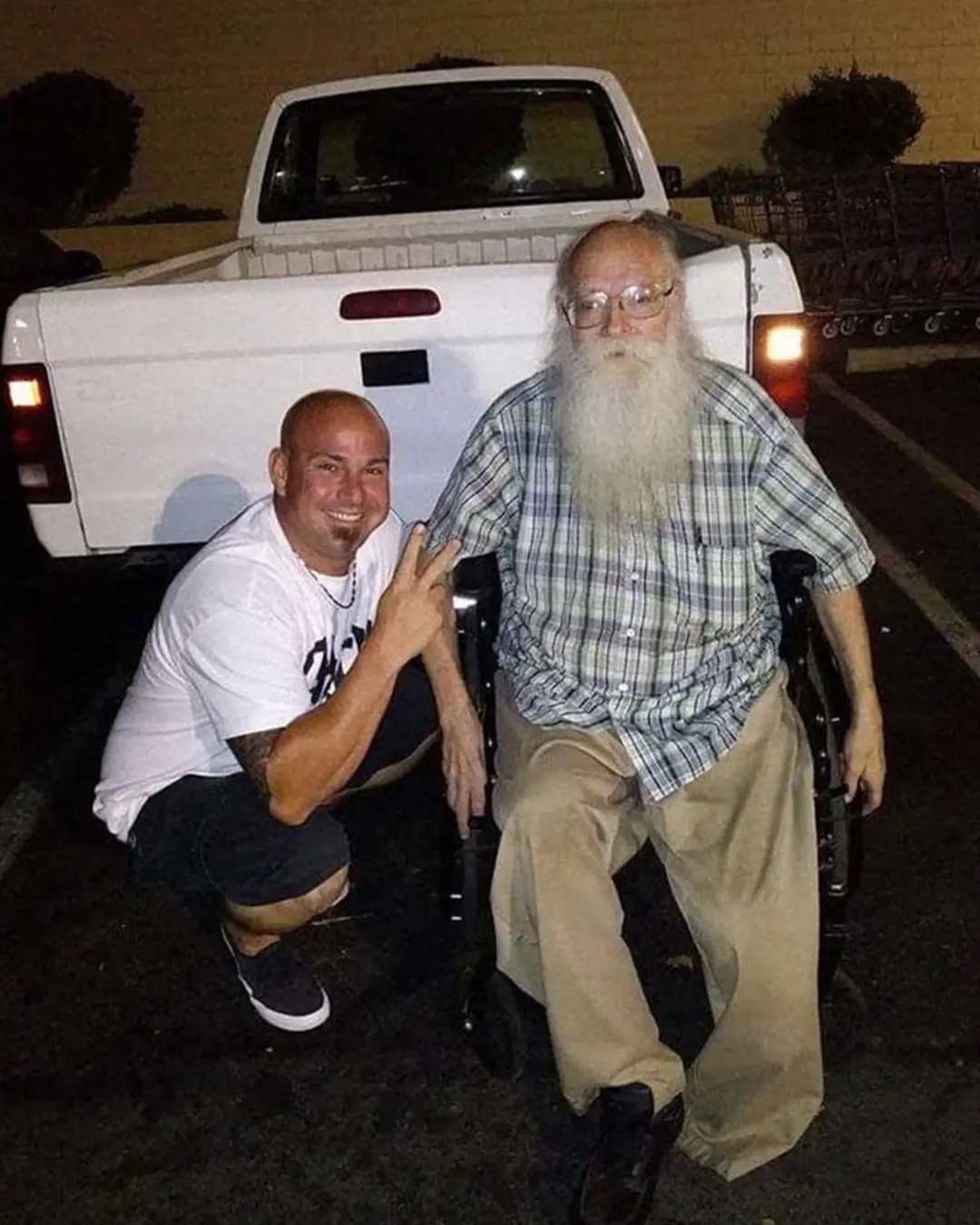
A Ride Home, A Lesson in Humanity.
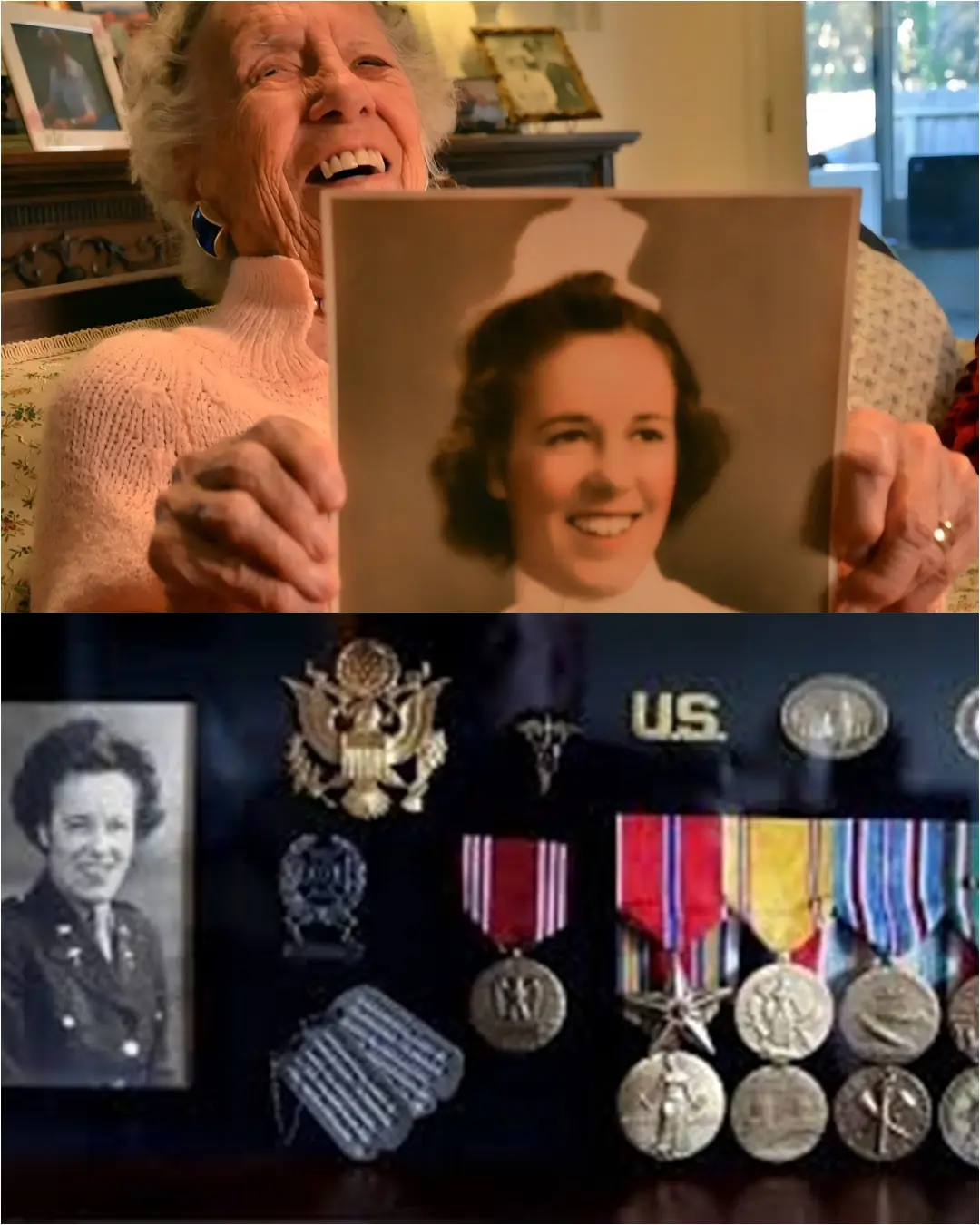
What a Hero: The Unyielding Spirit of Josephine Margaret Pescatore.
